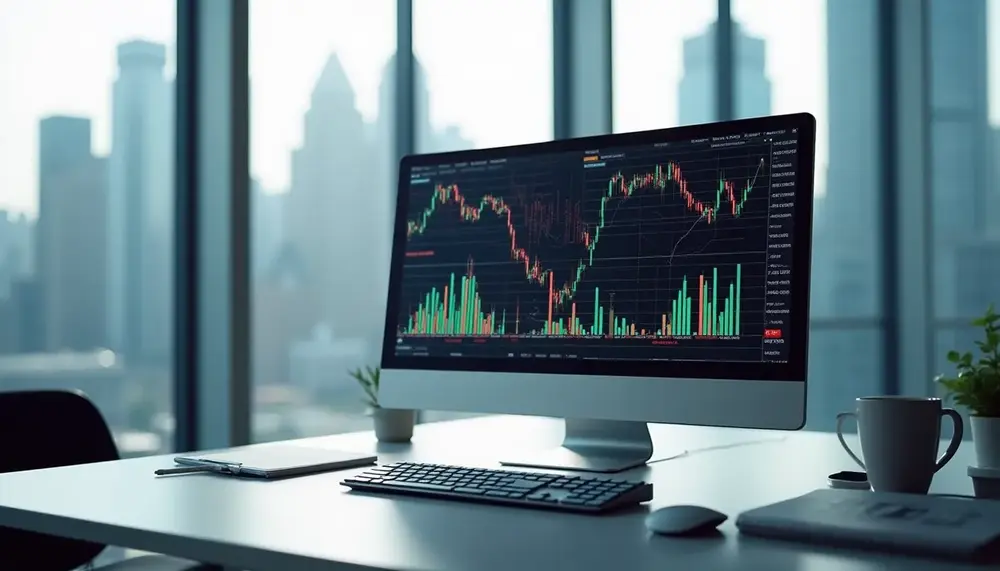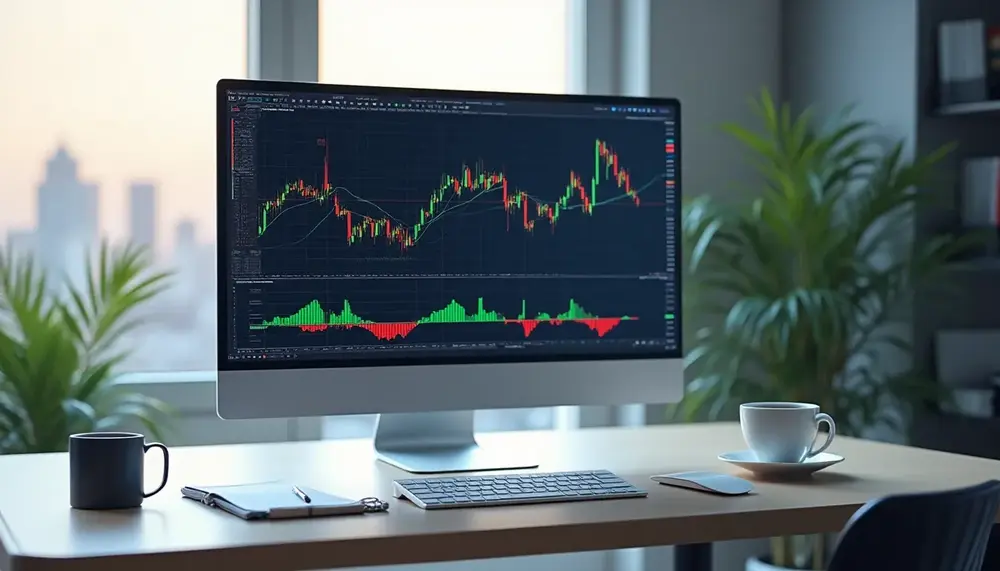Illiquid
Illiquid
Understanding the Concept of 'Illiquid' in Trading
In the realm of trading, the term illiquid is used to describe assets or securities that cannot be easily bought or sold without causing a significant change in the asset's price. Illiquid assets are characterized by low trading volumes, a lack of buyers, or a significant bid-ask spread.
Characteristics of Illiquid Assets
Assets are usually deemed illiquid if there's limited interest from buyers, causing selling the asset to be somewhat challenging. These assets may have a few noticeable characteristics; typically, they have wide bid-ask spreads, meaning there's a substantial difference between the highest price that a buyer is willing to pay and the lowest price a seller is willing to accept. They also usually have high transaction costs and long turnaround times.
Impact of Illiquidity in Trading
So, why should a trader be concerned about liquidity? Well, a major drawback is that it hinders the speedy exchange of assets. This lack of quick trade can be problematic for traders or investors who need to liquidate their holdings quickly. Additionally, illiquid securities can often lead to higher price volatility as even small trades might significantly affect the price.
Trading with Illiquid Assets
Trading with illiquid assets can be risky. Even though they may sometimes offer unique opportunities for profit, the high risks associated make them unsuitable for most traders. Traders need to have a clear and comprehensive strategy while dealing with illiquid assets to avoid potential steep losses.
Identifying Illiquid Assets in Your Portfolio
If you're an active trader, it's essential to know how to tackle illiquidity. Keep an eye out for securities with low trading volumes, wide bid-ask spreads, and fewer buyers than the market average. These are all tell-tale signs of an illiquid asset.
Conclusion
Understanding the concept of illiquidity is highly necessary to a trader's journey. It might seem complex at first, but grasping this term can lead to smarter trading decisions. Just remember, sometimes high rewards come with high risks, and this is very true when it comes to trading illiquid assets.
Blog Posts with the term: Illiquid

Volume Analysis is an essential tool for investors in the financial markets as it provides insights into market trends, price reversals, and market vitality. By correlating volume data with price movements, traders can make more informed and potentially profitable trading...

This article provides a beginner's guide to setting up an account for altcoin trading on the Altcoin Trader platform, highlighting its user-friendly interface and no minimum deposit requirement. It covers the registration process, including KYC verification, various deposit methods with...

This article discusses the difference between investing and trading in the financial markets. It explains that investing is a long-term strategy focused on gradual wealth accumulation, while trading is a short-term approach aimed at profiting from price fluctuations. The article...

Altcoin trader fees, including maker and taker fees, significantly impact profitability and vary across exchanges with different fee structures. Traders should compare these costs on various platforms to optimize for lower transaction expenses while considering trading volume discounts and overall...

Derivative trading involves financial instruments that derive their value from underlying assets, offering opportunities for speculation and risk management but also carrying significant risks due to leverage. Understanding the types of derivatives—such as futures, options, swaps, and CFDs—and strategies like...

Trading is the act of buying and selling financial instruments for profit, while financial markets are the structured environments where such trading occurs. Modern trading relies on technology, regulation, risk management, and sufficient capital; day trading involves high risks, fees,...

